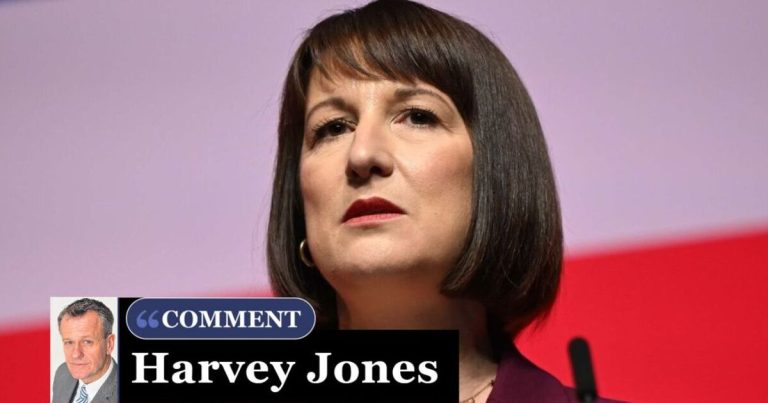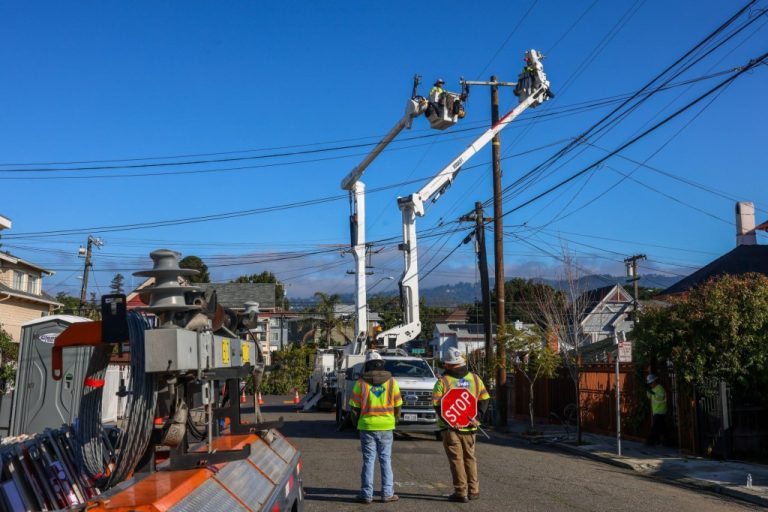
One in five mortgaged homeowners aged 55 and over now expect to have unpaid mortgage in retirement, and a similar proportion fear they may be left in that awkward position, according to new research from Canada Life.
As people get on the property ladder later in life, the problem will only grow.
Younger buyers are increasingly taking out “marathon mortgages” running for 35, 40 or even 50 years, to make their monthly repayments more affordable.
Many will struggle to clear their mortgage before they stop working and their income falls. The debt could cast a shadow over their final years. Ultimately, it could force them out of their home.
Banks and building societies have been trying to help by pushing back the maximum age borrowers can be at the end of their mortgage term to 70, 75 or even 80.
Last summer, the UK’s biggest lender Halifax hiked its maximum mortgage age limit to 75.
But last week it cut back to 70 in a move described as “outrageous”.
Adrian Lowery, financial analyst at wealth manager Evelyn Partners, said: “For many older borrowers, this might feel like the goalposts are being shifted back.”
The truth is that many will struggle to service a mortgage in their late 60s and 70s. Some are in denial, and are using marathon mortgages as a “coping mechanism”, Lowery said.
Other lenders do have higher maximum age limits, with specialist Hodge lending to 80 in some cases.
However, applicants must show they can service their mortgage, whether from work, retirement savings, a buy-to-let property, or any other source of income.
Many will struggle to do this. Their homes are on the line.
One potential way out is to apply for a retirement interest-only mortgage (RIO), which typically has no upper age limit.
Borrowers can apply at any point from age 55 and keep the mortgage for life. They do not have to pay down any of the capital, which is cleared from the proceeds of selling their property after they die.
However, there’s a catch. They still have to cover the interest. For life. Which is why so few RIOs are sold.
Equity release is another option.
READ MORE: Pensioner ‘in tears’ as he faced losing family home to tripled mortgage payments
An equity release lifetime mortgage allows older homeowners to unlock the capital in their home, which they may be able to use to clear their mortgage.
There are no affordability checks, because there is no interest or capital to repay for life. Instead, the debt rolls up until it is finally cleared from the sale of the property when the customer dies or goes into care.
Jim Boyd, chief executive of the Equity Release Council, said the “harsh reality” is that higher interest rates and living costs are making it harder for people to clear mortgage debt before they retire.
Growing numbers will need to unlock more capital instead. “The good news is that people aged 65 or over have approximately £2.6 trillion of net housing wealth.”
Other options include downsizing or selling up and renting.
None of these are ideal, but they may be better than simply handing your home back, which is the stark option facing a growing number of pensioners.






